Cocker Spaniels, with their boundless energy and affectionate nature, make for wonderful companions. However, their dietary requirements must be carefully managed to maintain their health and happiness. The amount of food a Cocker Spaniel requires varies significantly depending on their size, age, and activity level, as well as the calorie content of their food. This article provides a comprehensive guide to understanding and meeting the nutritional needs of your Cocker Spaniel.
1. Understanding Cocker Spaniel’s Nutritional Needs
Cocker Spaniels, like all dogs, require a balanced diet that includes proteins, fats, carbohydrates, vitamins, and minerals. The precise balance will depend on the individual dog’s life stage and health condition. Puppies, for instance, need more calories and nutrients to support their rapid growth, while seniors often require fewer calories to avoid obesity.
2. Determining the Right Portion Size
The portion size for a Cocker Spaniel can vary greatly. Typically, an adult Cocker Spaniel will eat between ¾ to 1½ cups of dry food per day, divided into two meals. This amount can fluctuate based on the dog’s weight, age, and activity level, as well as the food’s caloric density.
3. The Role of Caloric Content in Feeding
The calorie content of dog food can differ widely from one brand to another. It’s crucial to check the nutritional label to understand how many calories are in each serving of your dog’s food. Adjust the portion size accordingly to ensure your Cocker Spaniel doesn’t consume too many or too few calories.
4. Adjusting Food Quantities for Activity Levels
Active Cocker Spaniels will require more calories than their sedentary counterparts. If your dog participates in activities like agility, hunting, or regular long walks, you may need to increase their food intake to sustain their energy levels.
5. Feeding Puppies vs. Adult Cocker Spaniels
Cocker Spaniel puppies require more frequent feedings of specially formulated puppy food to support their development. Typically, puppies should be fed three to four times a day. As they transition to adulthood, the feeding frequency and the type of food will change.
6. Special Diets for Senior Cocker Spaniels
Senior Cocker Spaniels often need diets lower in calories but higher in fiber and essential nutrients to aid in digestion and joint health. Their food portions may need to be adjusted to prevent weight gain as their metabolism slows.
7. The Impact of Spaying/Neutering on Diet
Spaying or neutering can affect a Cocker Spaniel’s metabolism, often slowing it down. It’s important to monitor their weight and adjust their diet to maintain a healthy body condition after these procedures.
8. Managing Weight and Health Conditions
Some Cocker Spaniels are prone to obesity and other health conditions that can be managed with diet. For these dogs, the quality of food and precise portion control becomes even more critical.
9. Cost Estimates for Feeding a Cocker Spaniel
The monthly cost of feeding a Cocker Spaniel can vary based on the quality of food you choose. On average, high-quality dry dog food may cost between $30 to $60 per month. However, this can vary widely depending on the brand, formula, and where you live.
10. Treats and Extras
While treats can be a valuable training aid and a source of enjoyment for your dog, they should be given in moderation and factored into the total daily caloric intake to prevent overfeeding.
11. Tips for Choosing the Right Food
Selecting the right food for your Cocker Spaniel involves considering their individual health needs, preferences, and the ingredients and nutritional content of the food. It’s always advisable to consult with your veterinarian before making significant changes to your dog’s diet.
Our 5 Top Foods for Cocker Spaniels
The diets were selected by our founder Justin Palmer, a certified canine nutrition expert, specifically with Cocker Spaniels in mind:
| Food | Pros | Cons |
|---|---|---|
|
|
|
|
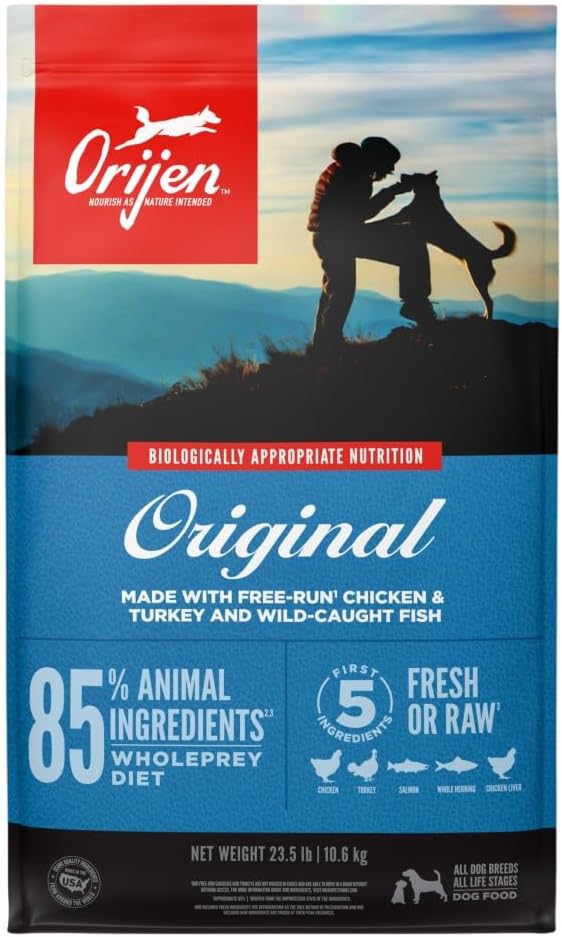
Check Today's Price on: |
|
|
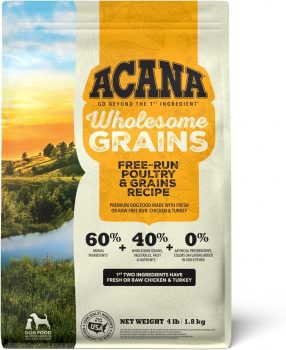
Check Today's Price on: |
|
|
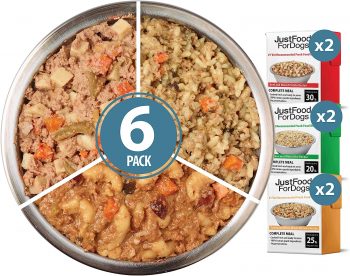
Check Today's Price on: |
|
|
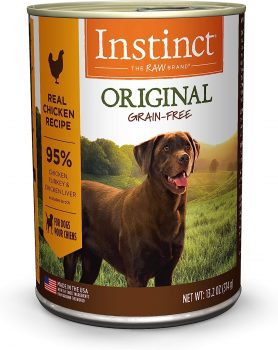
Check Today's Price on: |
|
|
Conclusion
Feeding your Cocker Spaniel the correct amount of food is essential for their overall well-being. By understanding the factors that influence their dietary needs and monitoring their health and weight regularly, you can ensure that your furry friend maintains optimal health throughout their life.
Frequently Asked Questions About Feeding a Cocker Spaniel
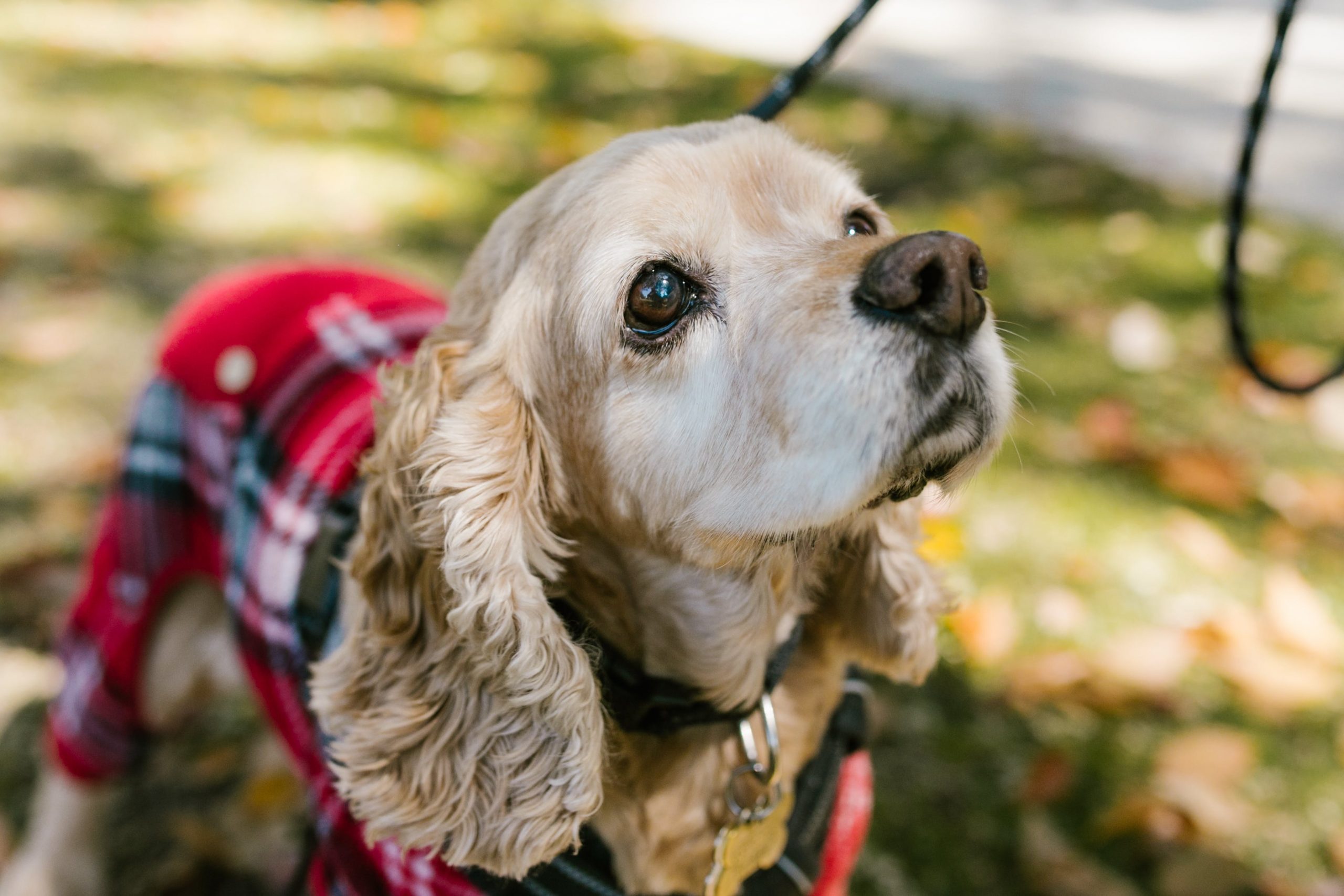 1. How often should I feed my adult Cocker Spaniel?
1. How often should I feed my adult Cocker Spaniel?
Adult Cocker Spaniels typically do best with two meals per day. Splitting their daily food intake between morning and evening can help prevent hunger pangs and regulate their metabolism. It’s important to adhere to a consistent feeding schedule.
2. Can I feed my Cocker Spaniel once a day?
While some dogs can adapt to once-a-day feeding, it’s not recommended for Cocker Spaniels. They can develop low blood sugar and anxiety between meals. Feeding them twice a day is better for their digestive health and energy levels.
3. How much water should a Cocker Spaniel drink each day?
A Cocker Spaniel should have constant access to fresh, clean water. They typically need about an ounce of water per pound of body weight per day. However, this can increase with exercise or hot weather.
4. Should I feed my Cocker Spaniel wet or dry food?
Both wet and dry foods have their benefits. Dry food is good for dental health and tends to be more calorie-dense, while wet food can be more palatable and hydrating. Consult your vet to determine what’s best for your pet’s needs.
5. Is it okay to give my Cocker Spaniel human food?
While some human foods are safe for dogs in small quantities, others can be harmful. It’s best to stick to dog-specific foods and treats that meet their nutritional needs and avoid human food, except for certain vet-approved items.
6. How can I tell if I’m feeding my Cocker Spaniel too much?
Signs of overfeeding include weight gain and excess fat around the ribs and waist. Your vet can help you determine if your Cocker Spaniel is overweight and advise on the appropriate portion sizes for their needs.
7. What is the ideal weight for a Cocker Spaniel?
The ideal weight for a Cocker Spaniel typically ranges from 20 to 30 pounds, depending on their size and build. Regular check-ups with your vet can help ensure they maintain a healthy weight.
8. Do Cocker Spaniels have any special dietary requirements?
Cocker Spaniels do not have unique dietary requirements compared to other breeds, but they do well on high-quality dog food formulated for medium-sized breeds with moderate energy levels. Always look for food that meets the AAFCO nutrient profile guidelines.
9. Can I change my Cocker Spaniel’s diet as they age?
Yes, dietary needs change as dogs age. Puppies require more calories and nutrients for growth, adults need balanced nutrition for maintenance, and seniors may need fewer calories and more fiber. Any diet changes should be made gradually.
10. How do I switch my Cocker Spaniel to a new type of food?
To switch foods, gradually mix the new food with the old over a period of 7-10 days, increasing the amount of new food while decreasing the old. This helps prevent digestive upset and allows your dog to adjust to the new taste and texture.
 Check Today's Price on:
Check Today's Price on: Toledo, United States.
Toledo, United States.